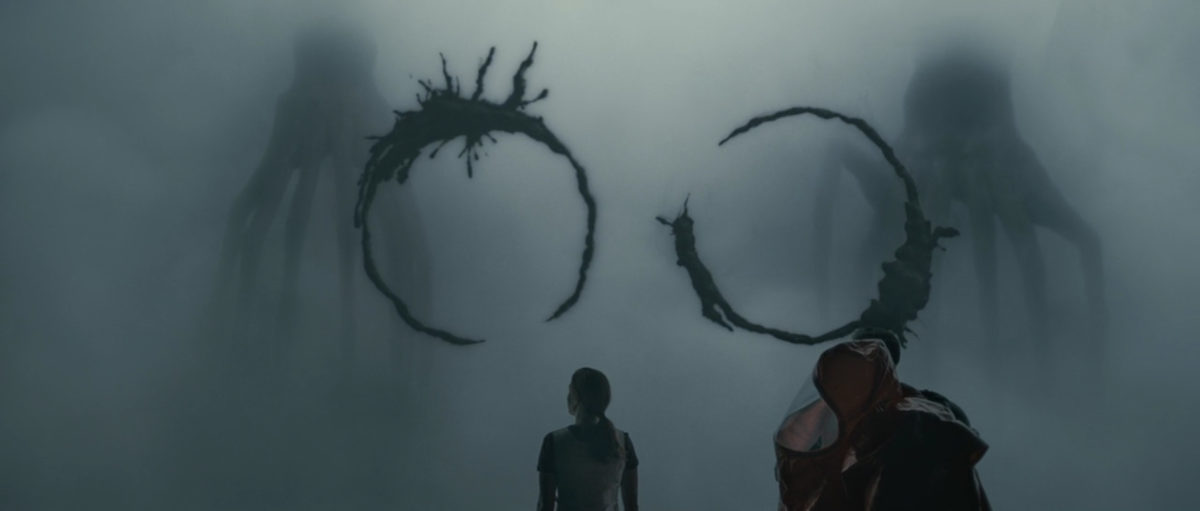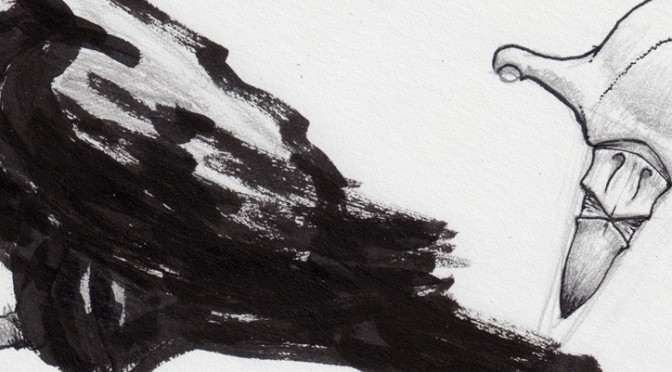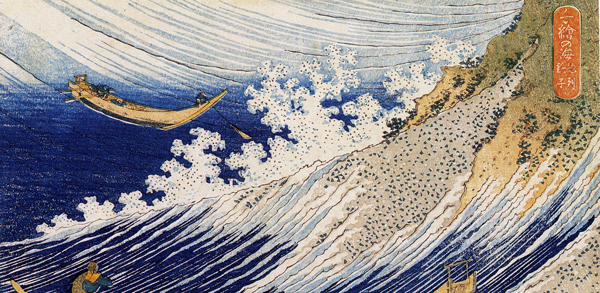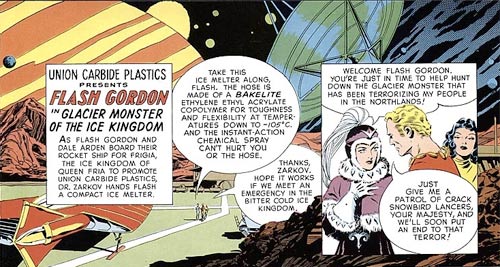Arrival is a melancholy movie, very deliberately built out of paradoxes: fear commissions the operation of reason. Violence induces compassion. Visitors arrive without traveling. Hope exists in the sure knowledge of tragedy. Being a piece of art, it expresses these paradoxes with particular symbols, from the lexical to the musical to the visual idiom that we’re used to in the movies around us. And being a piece of science fiction, it’s concerned with the world of the creators far more than with the world of the fiction, which serves as an extended metaphor for the human experience.
Tag: science/fiction
The Corvosapien
A million years from now, Corvosapiens is the greatest intelligence on Earth. Humans are now a matter for their archaeologists to debate, while none yet realize that the Third Order Stars are the last remaining artificial satellites.
But they will soon. Their three-dimensional assumptions, in addition to the observations of the planet made by athletes flying at high altitudes, give them an easier philosophical route to space than humans ever had. Continue reading “The Corvosapien”
The Rising Wave
I often talk about the future, thanks to Alvin Toffler, as a shockwave. I have to figure out how to face that wave every day. If I’m too far out in front of it, the best I can hope for is to be posthumously recognized as a person ahead of their time. Alan Turing was such a man, tortured to suicide by the government and country that he saved, for the homosexual proclivities that his country’s enemies had vowed to eradicate. And here I am, typing in a café on a Turing Machine the size of a single information theory paper written by Turing. Even worse, I don’t have the intelligence, talent, or clarity of thought that Turing had. So the best I can hope for is to be a third-rate Manfred Macx. And he’s not even real.
Another danger is to try to live on the crest of the wave. But it’s crowded with the cowardly investors of Wall Street, who recognize when risk has been carefully polished out of a system by the hard work of creators and laborers, then extract its benefits at minimal cost. These are also consumers, who choose from available, low-cost products and services. They benefit from shaken-out designs, mass production, and the low costs associated with both. The particular goods eventually fail (through wear or obsolescence), and they discard them for new ones. They don’t feel the need to understand the materials of their lives; they’ve been driven into a panic by the value-extractors taking all the space at the top of the wave, and so don’t have the time to self educate. Eventually, though, propelled up faster than they can move forward, they fall into the churn behind the shockwave with a collective cry of “I don’t understand Dubstep!“.
But the rising wave. Ahh, the rising wave. That’s the slope lift that carries gulls in that skating, sideways motion at the shore and, facing them, is the curl ridden by surfers.*
I’ve Always Wondered How Buck Rogers’ Pistol Worked
… wait, no I haven’t. But I really love Winchell Chung’s site Atomic Rockets. It’s all sorts of explanations of how science fiction and space opera stuff might or can’t work. Stuff like laser guns, aliens, and, of course, atomic rockets.
It’s full of old SF paperback covers, rational discussion, and a clear deep enjoyment of the subject matter. Check it!



